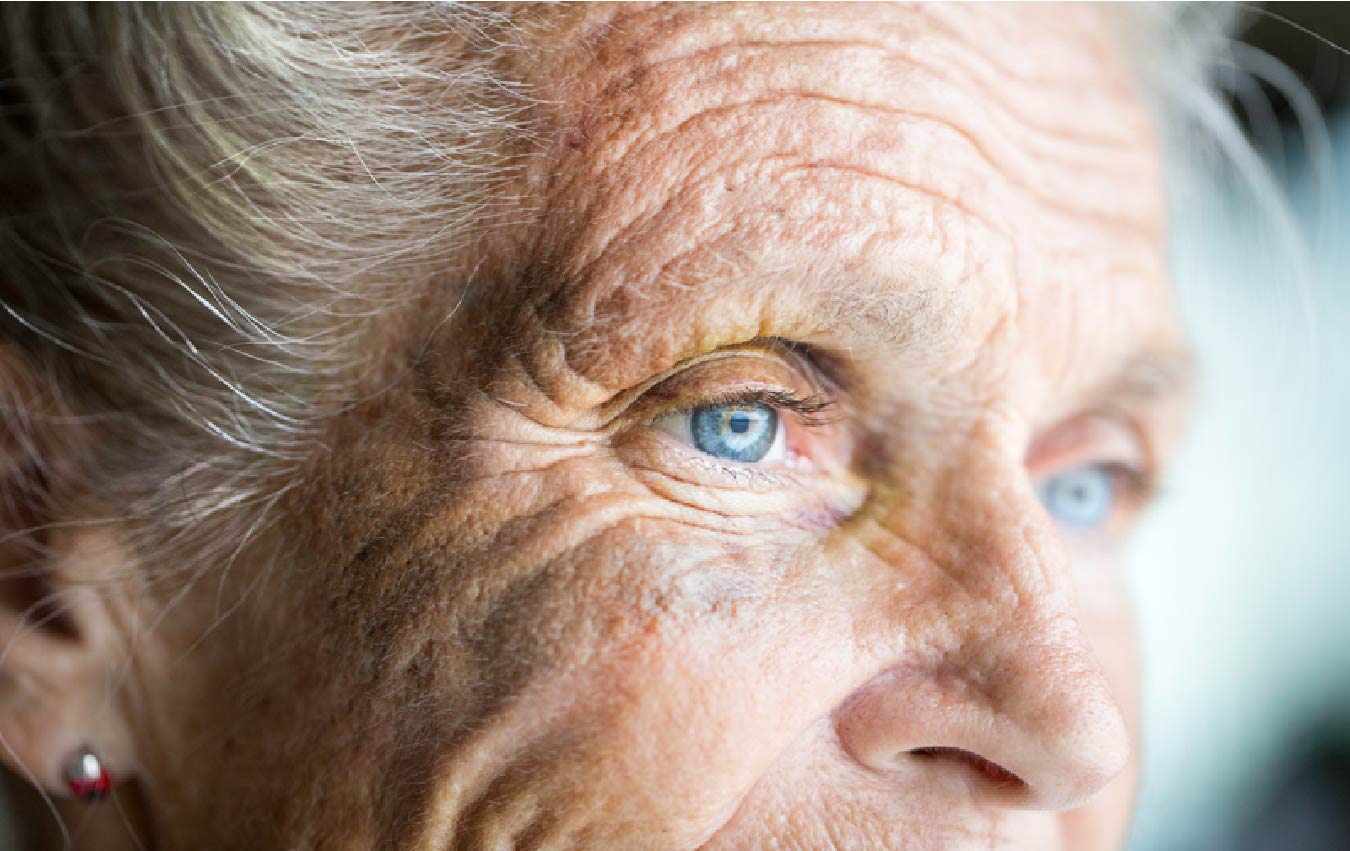The physical changes of aging

More than a millennium ago, Greek philosopher Heraclitus observed, “Change is the only constant in life.” That certainly applies to the human body! Our physical beings are constantly changing, and you might feel surprised or concerned about what’s happening as you grow older. From head to toe, let’s look at some of the changes that come with age, and what you can do to live your healthiest life.
Eye health: Changes in eyesight are common with age. You might notice that your eyes are drier, that colours are less vibrant or that you need reading glasses, for example. Get an eye check-up once a year to look for problems such as glaucoma, cataracts and age-related macular degeneration, which is the leading cause of blindness in adults over 55. Risk factors for this condition include aging, smoking, exposure to UV rays, and certain medical conditions, including high blood pressure and arteriosclerosis. You can help protect your vision by wearing UV-blocking sunglasses.
Hearing: Hearing problems are common among Canadian seniors. In fact, the Canadian Hearing Society estimates that 60% of people over 65 have hearing loss. It’s important to see your physician if you notice a change in your hearing (such as having to ask people to repeat themselves, or having difficulty hearing over background noise). Your physician can help you determine the causes and potential treatments, such as a hearing aid or environmental changes, before hearing loss affects your quality of life.
Oral health: You might notice changes in your teeth and gums, such as gum disease, sensitive teeth or dry mouth. Your dentist can diagnose and help you manage these problems, as well as check for signs of oral cancer (which is usually treatable if caught early). Certain medical conditions can affect your oral health, including diabetes and heart disease, so regular dental check-ups are important. If taking care of your oral health is difficult because you have arthritis or another condition that affects your dexterity, ask how you can modify your brushing-and-flossing routine. Avoid smoking, which raises the risk of tooth loss and oral cancer.
Skin health: As you age, your skin may become drier, itchier, thinner, more sensitive and more vulnerable to injuries, such as bruises. Treat your skin tenderly. Moisturize often, wash with mild cleansers, take warm showers rather than hot ones, avoid smoking, reduce your alcohol intake, and choose cotton clothing over synthetics. When the weather is cold and dry, use a humidifier. Protect yourself from the sun’s harmful UV rays by wearing sunscreen and covering up with long sleeves, pants and a hat, and check your moles regularly for changes in shape, colour and size – this may be a sign of skin cancer.
Shingles: Shingles is a painful rash caused by varicella zoster, the virus that causes chickenpox. If you’ve ever had chicken pox, you can develop shingles. The rash usually appears on the torso but can affect any part of the body. The rash forms blisters that may take weeks to heal. If you suspect shingles, see your physician as soon as possible – anti-viral medications can reduce the severity. Two-thirds of shingles cases happen in people over age 50. A vaccine is available; ask your physician if it’s appropriate for you.
Bone health: Bone regeneration slows down as we get older, leading to lower bone density. Many older adults develop a condition called osteoporosis, in which the bones become weaker and more prone to fractures. Osteoporosis mainly affects the wrists, hips and spine. Risk factors include aging, hormonal changes, smoking, low calcium intake, excessive caffeine or alcohol intake, low vitamin D levels, low body mass and hereditary conditions. With treatment, medication and lifestyle changes, bones can be strengthened – talk to your physician.
Foot health: Yes, your feet also change with age. You might notice that your soles have less cushioning – that’s due to decreased collagen production, and it can cause soreness after walking, as well as calluses and corns (insoles can help). You might develop arthritis in your mid-foot joints or big toes – or pain in your feet related to arthritis in your knees or hips (losing weight may ease the pressure). If you’ve worn ill-fitting footwear, such as high heels, for many years, you might develop hammertoes (abnormal bends in the toes). Consult a physician or podiatrist about your foot health at least once a year. This is especially important if you have a chronic illness such as diabetes, which can affect your circulation and your foot health. To minimize other problems, choose comfortable shoes with good arch support and shock absorption – running shoes are a great option.
Click here to download this article
Resources
Seniors – Dietitians of Canada
Dietitians of Canada provides tips about meal planning, cooking and nutrition for seniors. If you live in British Columbia, Saskatchewan, Manitoba, Ontario or Newfoundland & Labrador, you can also speak to a dietitian for free. Visit dietitians.ca for more information.
Dental Care for Seniors – Canadian Dental Association
Learn about good oral health habits, denture care and more. This website also offers tips for caregivers.
This free resource from the Canadian Cancer Society helps people quit smoking. For support, join the Online Quit Program, call 1-877-513-5333 or download booklets about quitting.
Bayshore HealthCare is one of Canada’s leading providers of home and community health care services. For more information, visit our website or call 1-877-289-3997.
